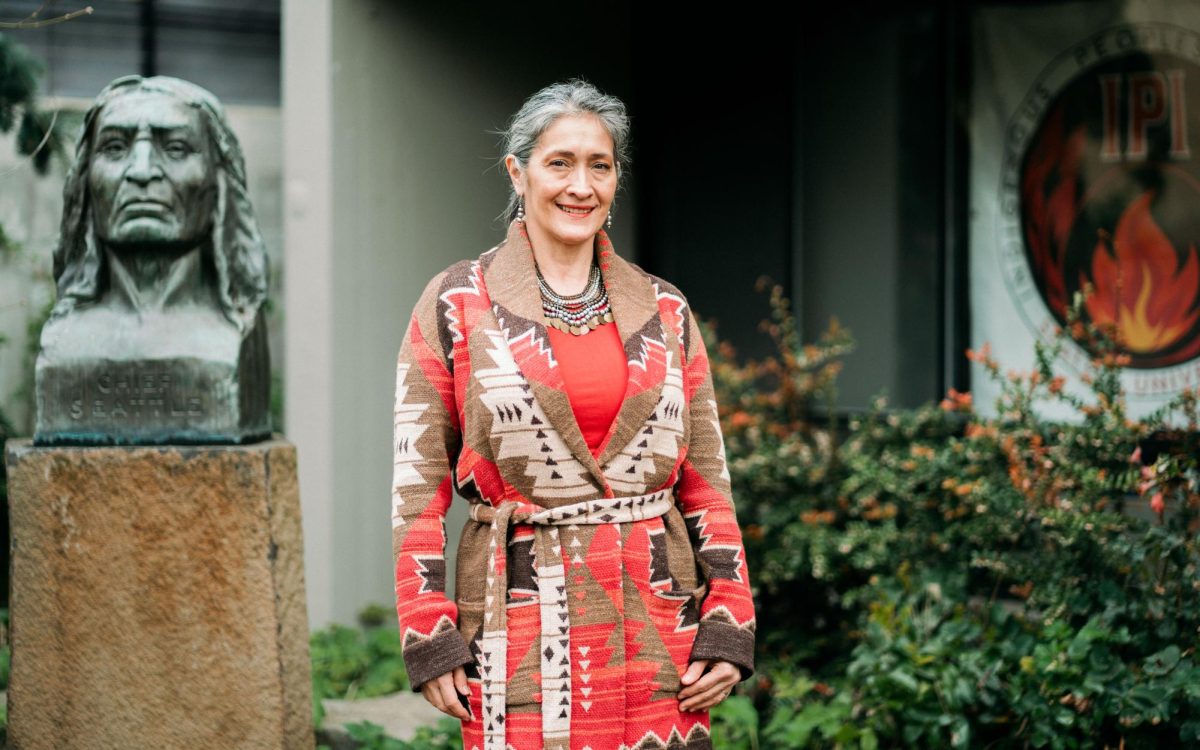President Fr. Stephen Sundborg, S.J. released an email last week regarding the budget for the upcoming fiscal year, which will see many of its key decisions materialize this February and March. Sundborg’s email, though optimistic that the university will continue to move forward, did not mince words in describing the challenges that this year’s budget would entail.
“Based on the Cabinet’s review of the initial major planning variables for revenues and expenses, we are projecting a significant shortfall,” Sundborg said in his address to staff and faculty.
Though Seattle University is currently going through one of the highest enrollment periods in its history, the amount of revenue generated has continued to plateau and is finally reaching a deficit. This is the product of various factors, but it is by no means an incident unique to our university.
“It is important to understand that it is not just our university but universities everywhere,” said Ivette Serna, Director of University Budgets “It is a paradigm shift and the result of changing economic structures.”
Universities across the country are facing a reality in which where their revenues are unable to keep up with economic changes and the rising cost of operating expenses. As a response to this phenomenon, many of these institutions have been forced to make compromises in one area or another, leaving a negative impact on their overall student experience. The most common solution for universities is to raise the cost of tuition, which, while it may be the most practical response, leads to a decrease in accessibility. Another commonly-seen solution is an increase in enrollment, which cushions the effects on tuition but may also mean hiring unqualified staff in order to accommodate a larger student body.
The Seattle U financial department has refused to yield in either accessibility or the academic standards of the university. Naturally this will result in a complicated formula to balance, but also one with a greater potential payoff. Additionally, the budget for the fiscal year of 2018 was not made with the aim of a stable tuition and consistent faculty, but with the introduction of numerous positive changes.
The new budget aims to address compensation issues for staff and faculty. The money from this year’s budget is also intended to cover new initiatives within the different colleges, namely staff hires and new programs. Finally, the budget for the next fiscal year will try to both expand student discounts—scholarships and financial aid—and make them more consistent in the way they are awarded.
To maintain the status quo yet accommodate the changes planned for the upcoming fiscal year, the financial department has had to look back on their strategies from previous years to figure out what can be done differently.
“In making the budget, we want to address the questions of what happened before, what is happening now and what we are going to do about it.” said Connie Kanter, Chief Financial Officer and Vice President for Finance and Business Affairs.
Kanter has said that the answer to the budget does not lie in enrolling more students, since numbers have been stable and it would only risk reducing the quality of classes. Instead she proposed making budget cuts based on need rather than the department- wide cuts that are currently in place.
Kanter’s vision would involve staff members working together to find inefficiencies in their departments, coming to a consensus and reporting what parts require the most support. To achieve these goals for the new fiscal year, Kanter will increase communication with the rest of campus by implementing an online suggestion box where staff and students can point out areas that they consider wasteful or in need of revision. Additionally, Kanter will be holding regular office hours where guests can give advice in person and receive information on the budget.
“I’m really wanting to hear what others have to say,” Kanter said. “We want to know what we could be doing better.”
Carlos may be reached at
[email protected]












